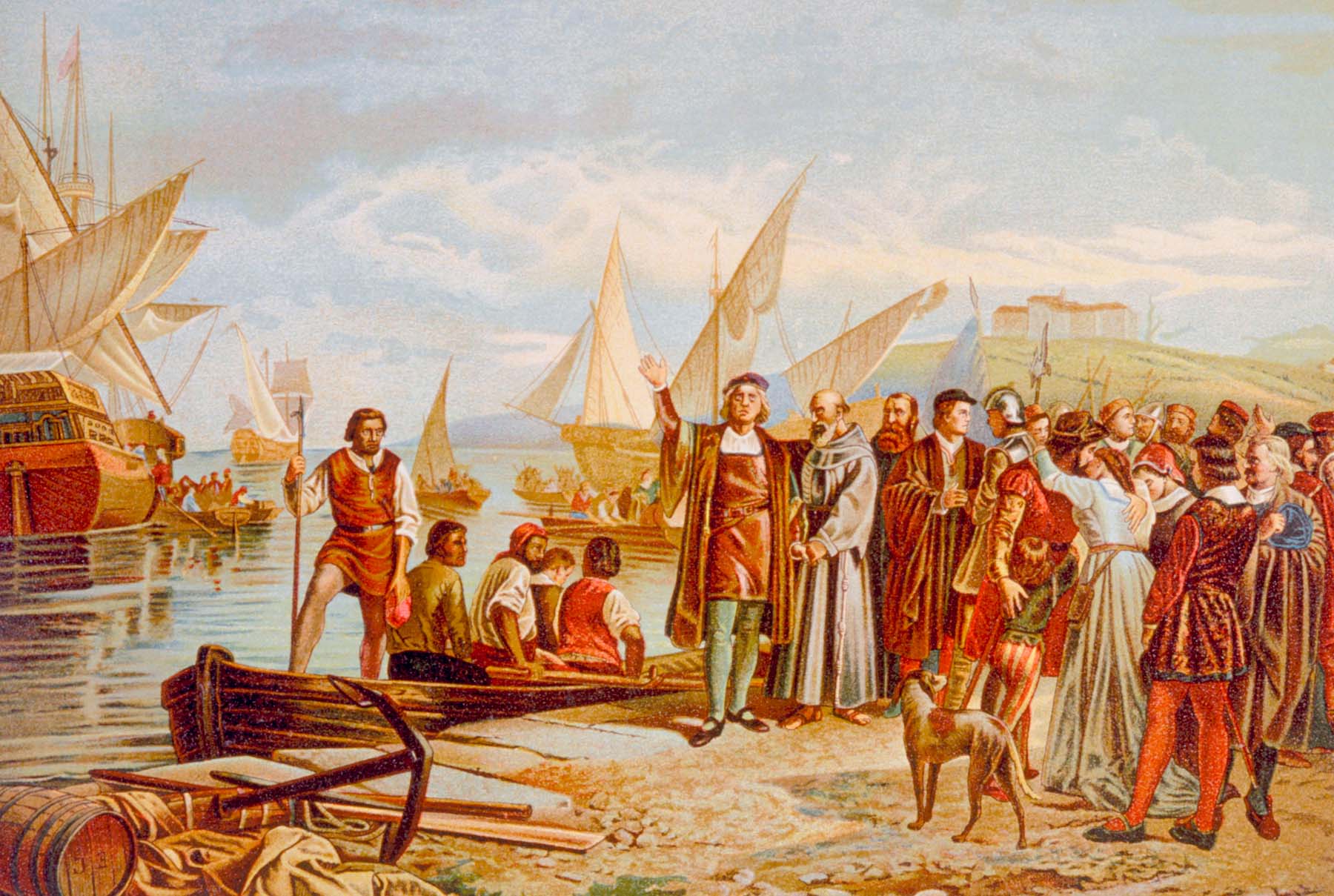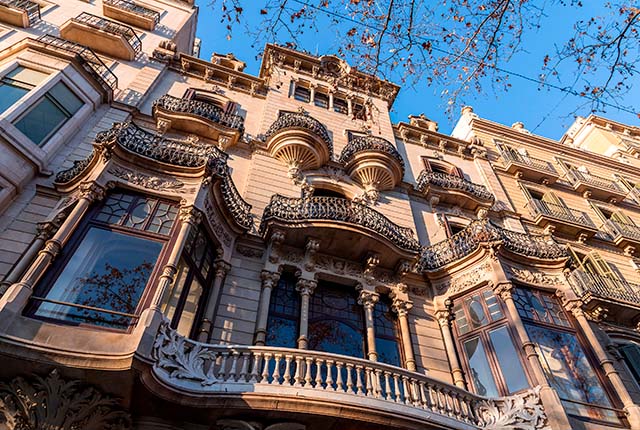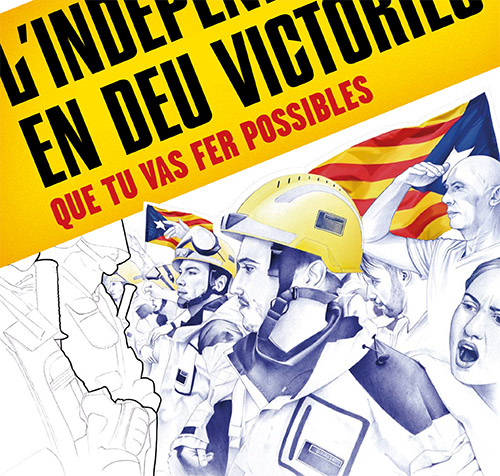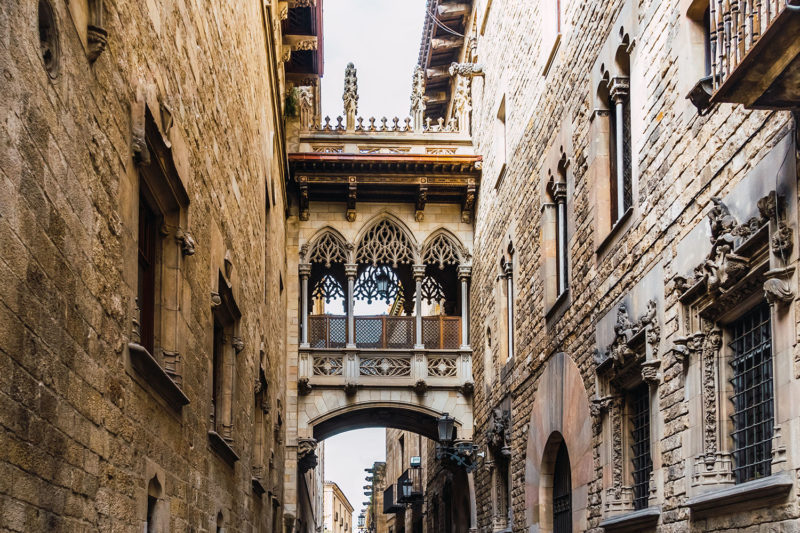

1492: The start of Catalan bonhomie
If there is a key moment in the history of Spain, it is the arrival in America and the subsequent plundering. That wealth was the seed of what was to become known as the Spanish Empire and which, as 11Onze historian Oriol Garcia Farré explains, was nothing short of a con on some Catalans.
Toni Mata, Content and Media Director at 11Onze
October 12 is the favourite date of Spanish nationalism. It is celebrated by the fascists raising their hands in Montjuic and nostalgically recalling the Día de la Raza of the Francoist era, which, in turn, was a reflection of “the Spanish Empire where the sun never sets”. Imagine the hissy fit if they knew that the ‘discovery‘ was a Catalan enterprise. The italicised ‘discovery‘ is indeed due to the fact that people were already living in the American lands, and that both Chinese and Vikings had already got there. But it was the Spaniards who decided to plunder wealth and enslave indigenous people. So, in this sense, yes, the scoop is 100% European. Since then, these events have been called “colonisation”.
Columbus was Catalan? Come on, man!
But let’s get down to business: if you say out loud “Columbus was Catalan”, you’ll be met with an avalanche of disqualifications that will brand you a fanatic, enlightened, supremacist or who knows what. And, to avoid trouble, any Catalan will say “let’s leave it at that”. However, historians have the obligation to analyse the facts, and this is what we have asked the historian Oriol Garcia Farré to do. Looking at it in detail, as you can read in this article, it is difficult to sustain the Spanish narrative.
Why? Let’s look at it. In 1492 Spain did not exist. It was the union of two crowns: the Crown of Castile and the Catalan-Aragonese Crown. The highly esteemed (in Spain) Ferdinand the Catholic was the Catalan king, but this does not mean that he was highly esteemed in Catalonia. He belonged to the Trastámara family, which had acceded to the throne after the extinction of the lineage of the Counts of Barcelona with the death of Martí l’Humà, and which, at that time, had quite a social following in Catalonia. In fact, Ferran’s father, Juan II of Aragon, led the Catalan Civil War against the Catalan institutions in order to gain political control. He also clashed with the peasants, in the famous War of the Remences, which we still remember with the motto “Via fora!
From then on, they were not the most esteemed dynasty in the history of Catalonia. What is more, on 7 December 1492, in the Royal Palace of Barcelona, a peasant from Maresme tried to assassinate Ferdinand the Catholic. The assassination was almost successful, and, if you want to go deeper, you can do it with this chapter of El Lloc dels Fets that I wrote a few years ago for TV3.
Therefore, the marriage of Ferdinand the Catholic to Isabel of Castile was for the Trastámaras, what the ‘influencers’, Catalan writers or singers who work in Castilian now call: looking for a wider audience. Extending the crown to Castile was the best way for the Trastámara to stay in power. And one fine day, a man called Christopher Columbus proposed a crazy idea: to go and discover the lands on the other side of the Atlantic Ocean. How do we know that this was a Catalan enterprise? Using data and logic.
On the one hand, the Catalan-Aragonese Crown was a naval power, while in Castile they did not even know the sea was salty. Remember that we are in the 15th century and that distances were not the same. Catalonia, on the other hand, had dominated the Mediterranean and had promoted the Llibre del Consolat de Mar, which had regulated international maritime law since the 14th century.
But if we look at the facts, things are even worse. In the accounts of the Castilian crown at the time, there is no record of any investment in Columbus’ expedition. We should remember that we are talking about two crowns and only record payments in ducats, which is the currency used in the Catalan-Aragonese Crown. What does this tell us? Quite simply, the expedition was paid for by the Catalans. And if they paid for it, it was because they had experience in maritime trade and were confident that Columbus would bring back riches. Incidentally, Columbus is quite hard to find as a Spanish surname. It seems more like a Castilian appropriation. In fact, the same thing happened with the ‘discovery’ of America.
When Castile realised that the business was too lucrative to be left in Catalan hands, they changed the agreements with Columbus, accused him of treason and the family fell into disgrace. All this had to serve the glory of Spain. This also explains the destruction of documentation of all those events. It is quite clear that they wanted to erase any Catalan traces from the greatest Spanish milestone in history.
Columbus was perhaps, then, the first Catalan to have been conned by the Spanish project. Thus began the Catalan tradition of contributing to the Spanish project, being left out of the good news and cursing them for having contributed. A tradition that has continued to this day with an overwhelming bonhomie.
I don’t quite believe it
It is understandable if you do not believe this story because we are so accustomed to official history (indoctrinated, more like it), with the urge to think that it is all an invention. But we must review the facts as critically and as coldly as possible. What port did Palos de la Frontera have in the 14th century? And what port did Pals have at the same time? It is important to find out, to look at the studies of archaeological remains, and to put two and two together. And what about the famous Pinzón brothers? Valencians who had their business in the Girona area, very close to Pals. In future articles, Oriol Garcia will go into more detail about this evidence that has been erased by Spanish historiography. The truth, however, seems obvious. The hoax may have started in 1492.
11Onze is the community fintech of Catalonia. Open an account by downloading the super app El Canut for Android or iOS and join the revolution!
If you liked this article, we recommend you read:
 Community
CommunityThe 1714 payoffs
5 min readDuring the ‘Diada’, we Catalans let ourselves be carried away by romanticism and the idols.




Gràcies!
Article molt interessant.
Gràcies! 💛
Cal que estudiem bé la història i ens expliquem la veritat. Gràcies per llegir l’article!
👍👍👍
Esborrar els fets és una praxi constant en la història d’Espanya
I una pràctica molt perillosa… per sort, al final tot s’acaba coneixent!
Molt bó aquest article. Gràcies 👌
Celebrem que t’hagi agradat, Carles. 🙏
👏👏👏👏 Sorpresa de llegir aquest article aquí. Arribarem a la fita 💪
Gràcies Mercè!